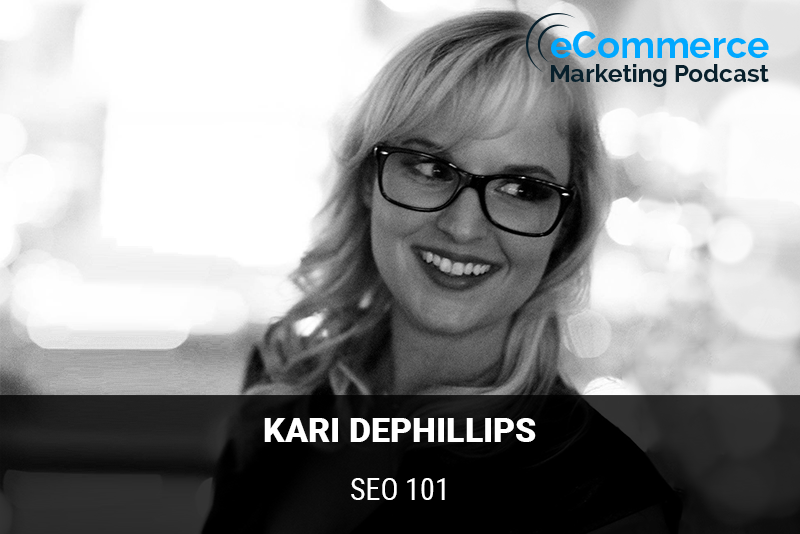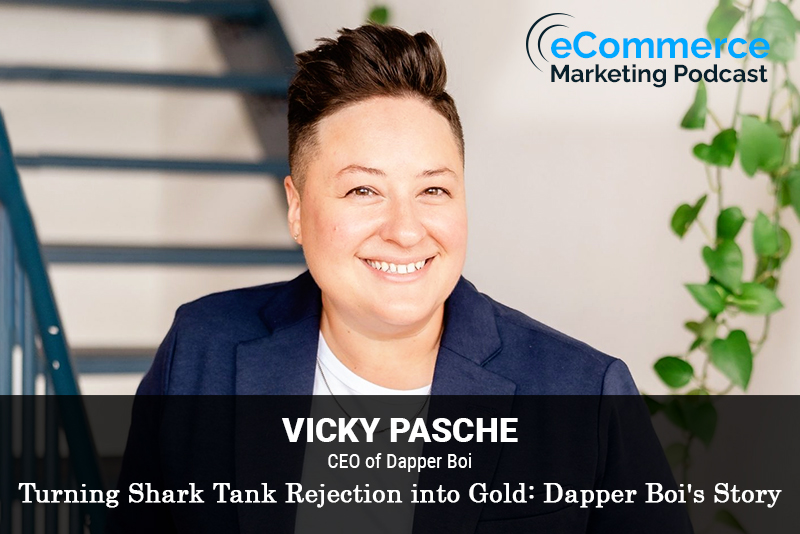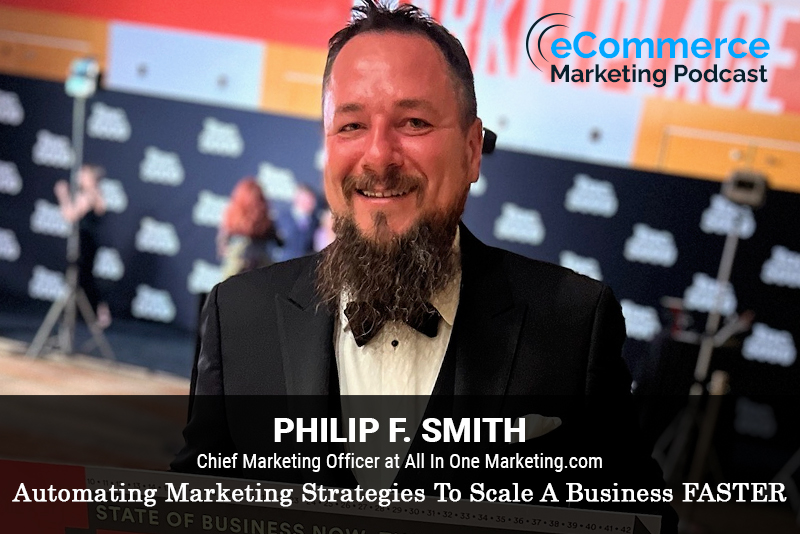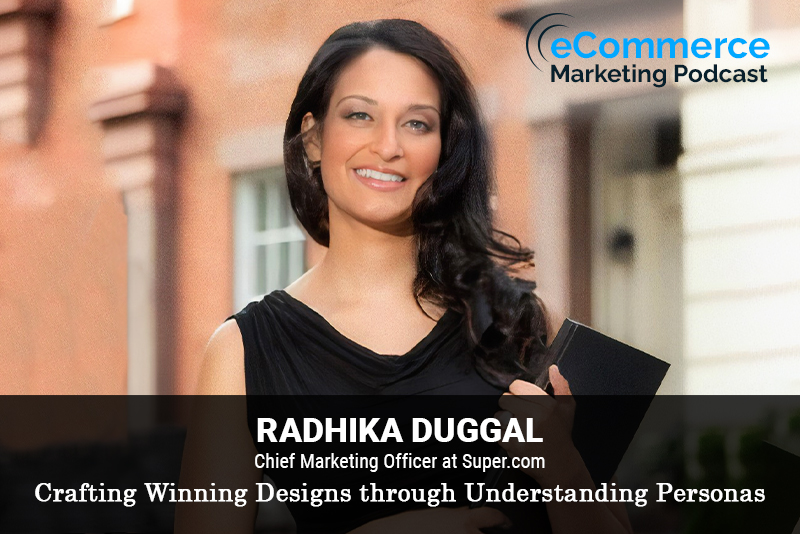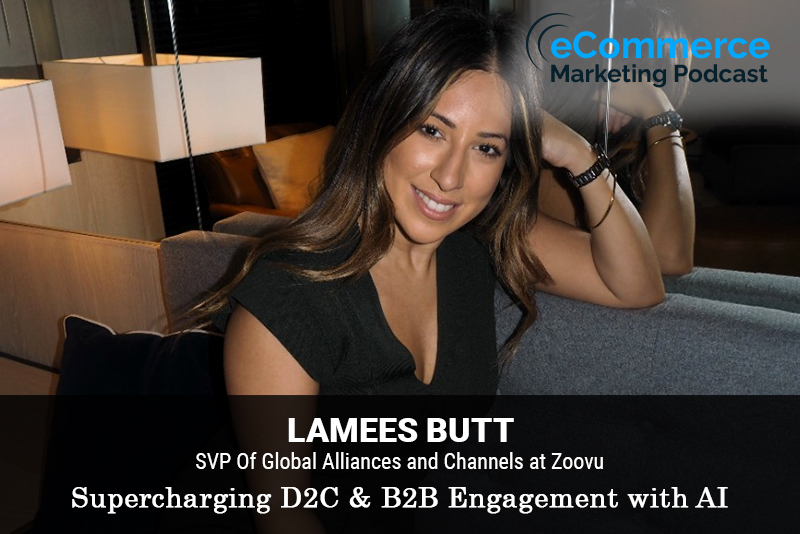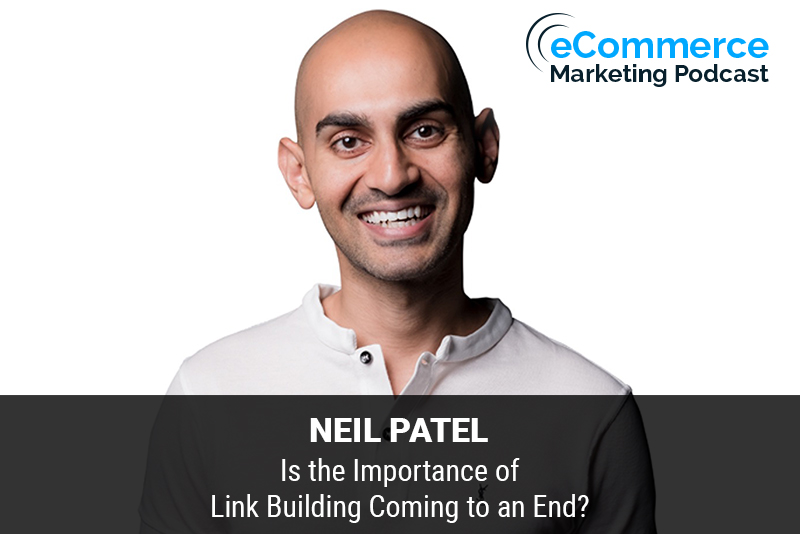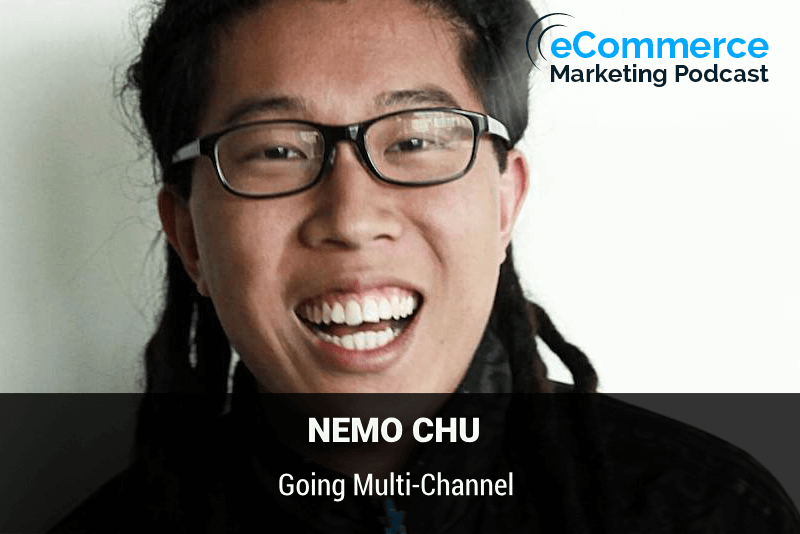
The eCommerce Marketing Podcast walks you through everything that goes into ecommerce marketing — from inbound marketing to paid advertising to conversions. Learn the strategies top marketing experts use to grow their businesses.
Marketing Strategies Revealed in this Episode:
- How SEO has changed over the years
- SEO strategies that are a must to be implemented
- The tools that are needed for basic SEO strategies
- How to measure the effectiveness of the SEO techniques

Episode Title: Mastering SEO with Kari DePhillips
Host: Arlen Robinson
Guest: Kari DePhillips, CEO of The Content Factory
In this episode of the E-commerce Marketing Podcast, Arlen Robinson interviews Kari DePhillips, CEO of The Content Factory, about the essential aspects of SEO and how businesses can leverage it for better visibility and conversions. Kari, who has been recognized as one of the top women in SEO, shares her extensive knowledge and practical strategies for optimizing websites, creating compelling content, and building authoritative backlinks.
Key Takeaways:
- Introduction and Background [00:00 – 05:00]
- Kari’s journey from freelance writer to CEO of The Content Factory [02:00].
- Overview of The Content Factory’s services and clients [03:30].
- Importance of Content in SEO [05:00 – 10:00]
- Content is still king, but it must be complemented by technical SEO and backlinks [06:00].
- Ideal content length for ranking is around 2,000 words per page [07:30].
- Changes in SEO Over the Years [10:00 – 15:00]
- Evolution of SEO practices and increased competition [11:00].
- Importance of adhering to best practices to avoid penalties [12:30].
- Implementing SEO Strategies [15:00 – 25:00]
- Starting with keyword research and competitive analysis [16:00].
- Understanding search intent and creating valuable content [18:00].
- Example of using long-form blog posts to drive traffic and conversions [20:00].
- Tools for SEO [25:00 – 30:00]
- Recommended tools: SEMrush, Google Analytics, Google Search Console, Uber Suggest [26:00].
- Using free tools and resources for keyword research and optimization [28:00].
- Measuring SEO Effectiveness [30:00 – 35:00]
- Importance of conversion tracking and monitoring KPIs [31:00].
- Tracking keyword rankings and making adjustments to maintain top positions [32:00].
Guest Info:
- Name: Kari DePhillips
- Position: CEO of The Content Factory
- Website: The Content Factory

